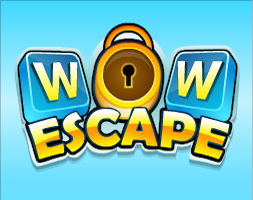| Game Name | BIG The Clever Little Monkey |
| Category | Live Escape |
| Game Tags | BIG The Clever Little Monkey |
Advertisement
Game Details
BIG The Clever Little Monkey
Advertisement
Advertisement
Wowescape is a Free online escape games offer a fantastic way to challenge your mind, solve puzzles, and embark on thrilling adventures from the comfort of your computer . From classic single-room puzzles to complex, multi-room sagas, the genre has something for everyone. Whether you're a fan of point-and-click mysteries, a lover of horror, or just looking for a fun mental workout, here's a breakdown of what you can expect and some popular titles to get you started.

















































